The Importance of Practicing Patriotism
December 14, 2016
Every morning, a waving American flag greets students just before they walk into Masters Hall. Yet, this brief encounter is likely the last of most students’ daily exposure to the Star-Spangled Banner. I was surprised, coming from public school, when I realized that The Masters School, a place that celebrates liberty and progressive thinking, has not chosen to include a small portion of the school day or morning meeting where students could choose to recite the Pledge of Allegiance—which praises liberty and freedom.
Regardless of public or private affiliation, all schools in the United States should allow students to show respect and dedication to their country, and the liberties America stands for, through the Pledge. The overwhelming majority of states legally require public schools to recite a Pledge of Allegiance on a daily basis, with Wisconsin extending this to private schools. Thus most of America’s students spend a given portion of their day in thought about their nation. Student-wise, we are the country’s minority.
Increasingly in recent months, various events have occurred which have publicized unpatriotic actions. Colin Kaepernick, a football player on the San Francisco 49ers, gained national attention this past August for remaining seated during the National Anthem. He later cited the important topics of racial inequality and police brutality as his motives, however his reasoning was questioned when he reported not to have exercised his vote to promote change in the recent election.
The way I see it, participating in patriotic activities such as the Pledge or the National Anthem is an honorable and important action for any resident of the United States. While there are indisputably many problems in our country’s social framework, the words of the Pledge and the National Anthem represent our freedom to work to correct these injustices—a right which most of the world’s population cannot take for granted. Some say they will not show respectful acts towards the country until everyone has equal rights under the law—however they must recognize that our system is what sanctions us to make these important changes and thus should be treasured as such.
Videos online have emerged of protesters burning the American flag in response to the result of the election. Regardless of political affiliation, desecrating the symbol of freedom that stands for our privilege to hold democratic elections is incorrect and immoral. It is only a specific action, however it adds to the tide of unpatriotic actions and disrespect or disregard for flag and country that have become prevalent in recent days.
The morning Pledge of Allegiance was a daily reminder of the rights that we exercise as free citizens to make a positive impact in our own lives. It should be a duty of The Masters School to produce graduates, regardless of national origin or political orientation, who recognize that the liberties we are granted in America allow us to do anything with our might—and who could choose to reflect upon these ideas if they so choose during the Pledge of Allegiance.
I believe we need to shift the public rational to understand that the American flag and Pledge do not only represent what America is today, but what we can aspire for it to be. Some believe the path to a better nation is disrespect, yet we must remember that our democracy gives us agency over our own lives. While some would argue it is an American freedom not to recite the pledge, and indeed it is, I would still argue that that very privilege of dissent is what the pledge celebrates in its words, “liberty and justice for all.” It is important to consider and reflect upon the liberties that we have in America amidst a rising tide of dwindling patriotism.




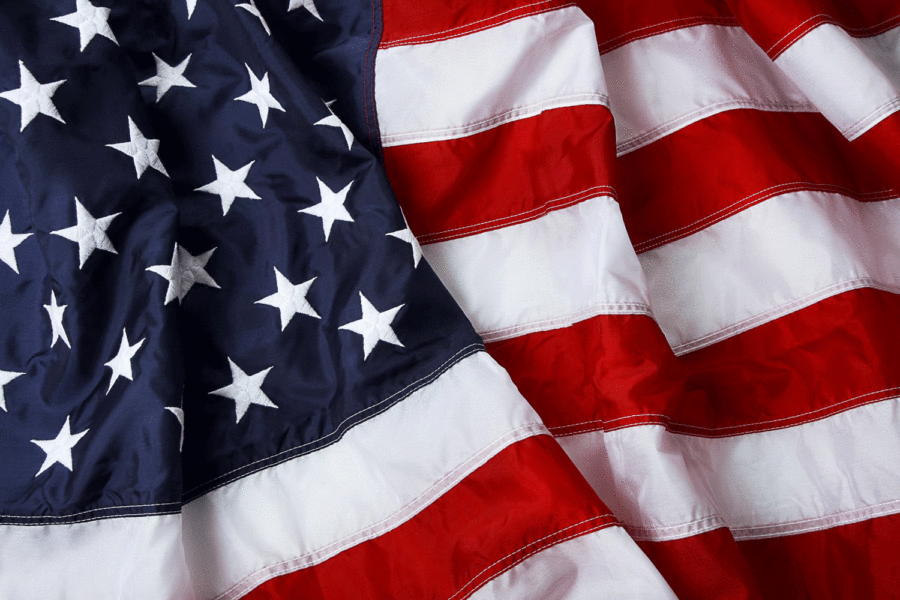





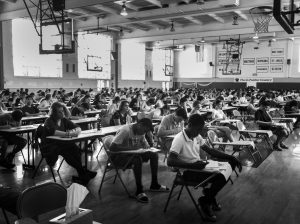



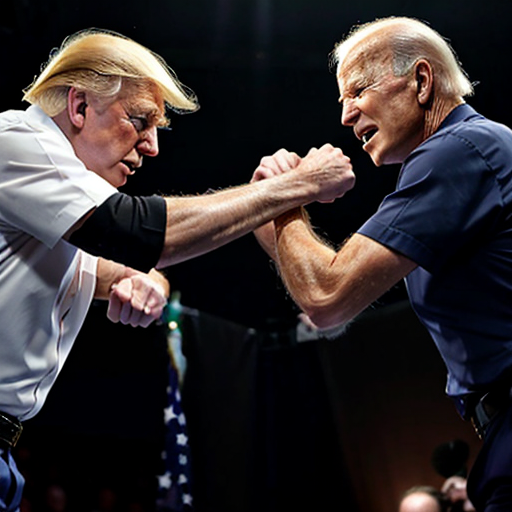
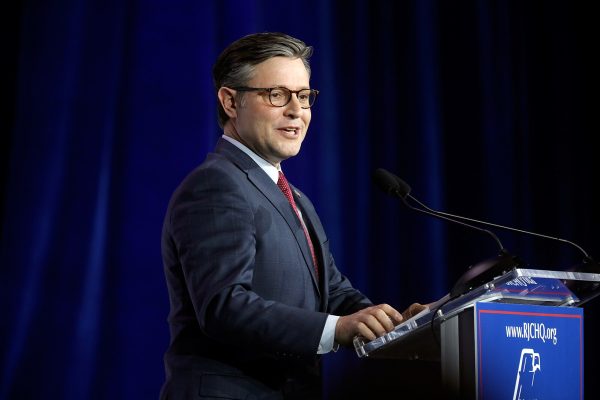
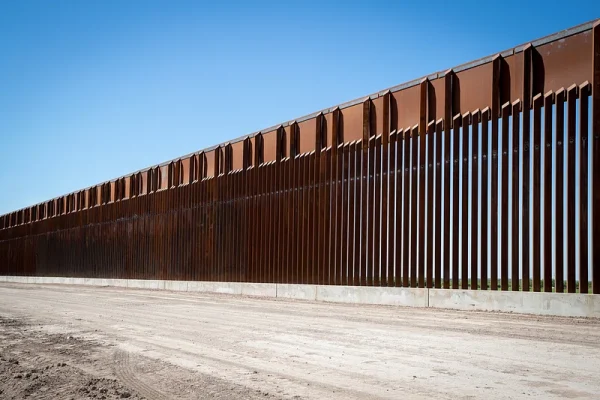
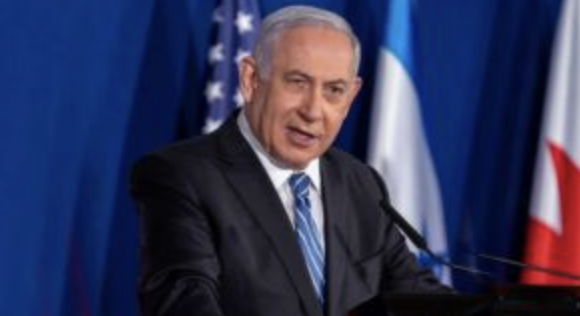




TODD STRIER • Dec 17, 2016 at 9:31 AM
Great article